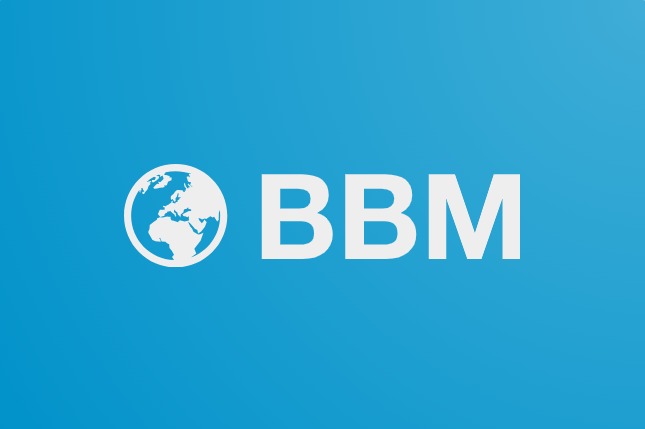Some of the links in this article are "affiliate links", a link with a special tracking code. This means if you click on an affiliate link and purchase the item, we will receive an affiliate commission.
The price of the item is the same whether it is an affiliate link or not. Regardless, we only recommend products or services we believe will add value to our readers.
By using the affiliate links, you are helping support our Website, and we genuinely appreciate your support.
[matched_title]
The unemployment rate among younger people is nearly double the overall rate.
DALLAS — I got my university degree and then sent out something like 100 reels and resumes and waited an excruciatingly long six weeks, marked by plenty of rejections.
So, I get all you 20 to 24-year-olds who are grappling with a tough job market. And there are a lot of you. Texas has more than 2.2 million (2,200,837) 20 to 24-year-olds, second most behind California (2,584,143), according to Census data.
I’m focusing on that age group because their unemployment rate is nearly double the overall jobless rate. So, these things may be familiar to you: “applications going nowhere”, “vague feedback if any”, “entry-level roles that require three years of experience”.
Those all come from a recent LinkedIn article addressing how “breaking into the workforce in 2025 is harder than it’s been in years.”
Why? Some of the reasons I’ve seen: businesses reluctant to hire because of tariffs and economic uncertainty, AI taking away some entry-level opportunities, universities preparing students for a job market that no longer exists, and young applicants lacking some soft skills.
On that front, resume.org surveyed hiring managers this year about recent college graduates. 70% of them reported that some young hires had been placed on performance improvement plans.
Their biggest complaints about those youngest employees: They were on their phones excessively, they were entitled, easily offended, unprepared for the workforce, lacked work ethic or motivation, didn’t respond well to feedback, or had an attitude of indifference.
Especially in this environment, you want to be the opposite of all those things. Business Insider talked to some young professionals last year about what they thought set them apart.
You may also need to be aware that about two-thirds of employers looking for recent graduates say they now use skills-based hiring most or all of the time. That’s reflected in the way many of them write job descriptions, how they scan resumes and conduct interviews.
Basically, they want to know what skills you possess, how you have used those skills, and if possible, any results you’ve achieved with those skills. Indeed has this advice on crafting your resume in a skills-based way.
As the LinkedIn article explains, they are looking for things like “real internships, portfolios of work”. The article advises you to “show, don’t tell”. For instance, it suggests young people might want to have “personal websites that showcase real project work”.
The article adds that employers are “looking for immediate productivity. The traditional model of hiring smart graduates and training them is being abandoned for candidates who can contribute from day one.”
Speaking of LinkedIn, check out some best practices on that platform that I got from ‘America’s Top Career Coach’ Robin Ryan several years ago.
It’s rough out there. But use your allies. Network through alumni associations and people you know through internships, jobs, or organizations.
A lot of times, it really matters who you know. I interned with someone who knew someone in El Paso, and they helped to get my first resume reel looked at, which showcased my work. That prospective employer was able to see that I had some skills, and I (finally) got that first job.
BBM JOB




